Fiona Famulak, who previously led the Vancouver Regional Construction Association (VRCA), was recently appointed president and CEO of the BC Chamber of Commerce.
“I have enormous respect for the BC Chamber of Commerce and am honuored and excited to lead the organization at such a pivotal point in its history,” said Famulak.
There are 120 Chambers of Commerce and Boards of Trade in B.C.
Together they represent 36,000 businesses in every industry in the province, including construction.
The chambers and boards are the same type of organization but governed by different provincial legislation.
The Chamber of Commerce and construction networks are similar in their governance structures, although the former is much bigger than the latter.
Both organizations follow a federated model.
Like the Canadian Construction Association, the Canadian Chamber of Commerce is the federal voice of the network.
The local chambers and boards of trade, like the regional construction associations, provide education and networking programs.
The BC Chamber, like the BC Construction Association, is responsible for advocacy, policy and government liaison. In her new job, Famulak will be doing more of that type of work than when she was with VRCA.
“The Chamber of Commerce network, like its construction equivalent, is about relationships and relationship-building,” said Famulak. “We’re all stronger when we work together.”
Famulak grew up on a farm in northeastern Scotland and attended the University of Aberdeen, where she earned a masters degree in economics and business.
“I went to work as an accountant in the Aberdeen office of Thomson McLintock, a precursor of KPMG,” she said. “I worked in the company’s offices in London, Paris and finally Hong Kong.”
From Hong Kong she relocated to Whistler, B.C. and stayed.
Famulak’s first taste of the construction industry was at Kyber Developments Ltd., which builds large residential properties, where she became general manager.
In 2005, she founded Indigo Initiatives Inc., which managed strata residential and commercial properties, of which Whistler has an abundance.
Famulak also became a volunteer member of the Whistler Chamber of Commerce and rose to become CEO.
“It was my first executive position in a not-for-profit organization,” she said. “It was a very satisfying role. My natural home is in not-for-profits, because they allow me to serve people, which is what I love doing.”
As president and CEO of the chamber, Famulak says she will be concentrating her attention on getting the organization and its members through the pandemic and out the other side.
“The chamber has small, medium and large members and they are all at different stages of recovery from COVID-19,” said Famulak. “After the pandemic has passed, I’ll be working with the board to support businesses and advocate on their behalf to make the economy more inclusive, competitive and innovative in the future.”
Famulak says that although she’s no longer part of the construction industry, she’ll still be serving it through the BC Chamber.
“While I’m no longer leading construction industry-specific advocacy discussions on such policy matters as the need for fair, open and transparent tendering processes, or prompt payment legislation, I can ensure the BC Chamber will lend its support to those efforts to move them along,” she said. “I’ll also be advocating on broader issues that affect all businesses, such as the need for a competitive tax system, the need for more women and minorities in the workforce and the need for infrastructure.”
Famulak says she remembers her almost eight years at VRCA – September 2013 to January 2021- as a time when the association laid the foundation for conversations about the future of construction and delivered programs and services that supported innovation.
“Those conversations started with the development of a strong 2017-2020 strategic plan, focused on delivering member value at a time when companies need to build faster, greener and more productively than in the past,” said Famulak.
VRCA initiatives included:
- An industry-wide construction industry needs assessment to understand future education and training needs, and thereby enhance VRCA’s education offerings;
- Canada’s first and only Zero Emissions Building Exchange, in partnership with the City of Vancouver;
- development of a business case for Canada’s first Construction Innovation Centre, to help construction businesses prepare for industry change;
- the launch of the Construction Research Network, which connects industry with academia and other research and development facilities; and
- a collaborative approach to advocacy that helped VRCA recognize sound public policy and offer constructive criticism on policy that did not serve construction well, while remaining strictly non-partisan.
“All of these programs created value, helped attract and retain members and positioned VRCA as a leader in the provincial and national construction networks,” said Famulak.


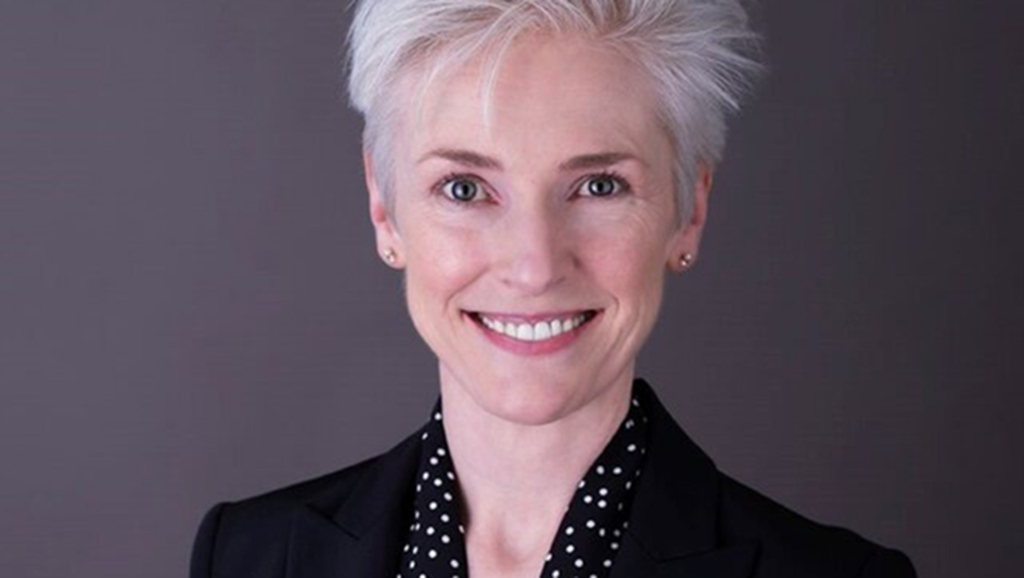
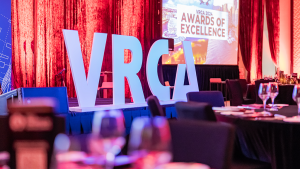
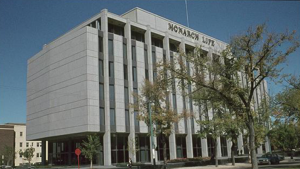


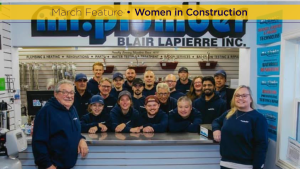
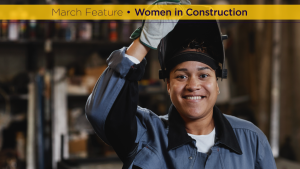


Recent Comments
comments for this post are closed